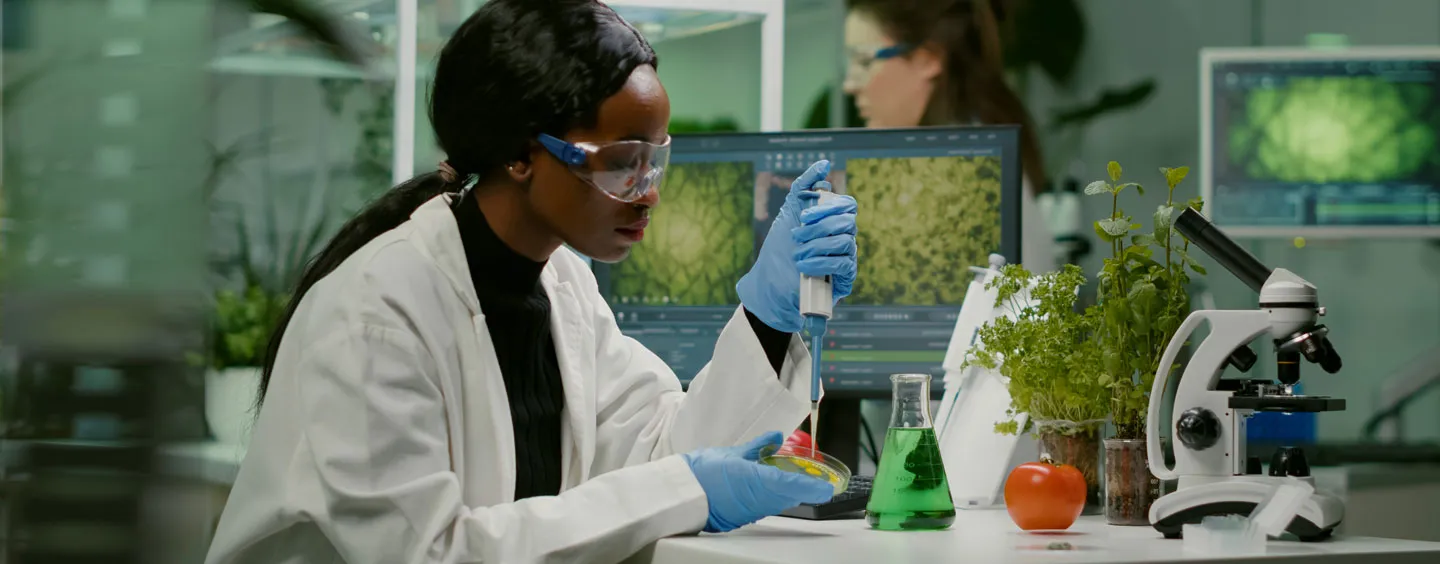Microbes (or microorganisms) are organisms that are too small to be seen by the unaided eye. They include bacteria, fungi, protozoa, microalgae, and viruses. Microbes live in familiar settings such as soil, water, food, and animal intestines, as well as in more extreme settings such as rocks, glaciers, hot springs, and deep-sea vents.
The wide variety of microbial habitats reflects an enormous diversity of biochemical and metabolic traits that have arisen by genetic variation and natural selection in microbial populations.
Microbial biotechnology, enabled by genome studies, will lead to breakthroughs such as improved vaccines and better disease-diagnostic tools, improved microbial agents for biological control of plant and animal pests, modifications of plant and animal pathogens for reduced virulence, development of new industrial catalysts and fermentation organisms, and development of new microbial agents for bioremediation of soil and water contaminated by agricultural runoff.
Microbial genomics and microbial biotechnology research is critical for advances in food safety, food security, biotechnology, value-added products, human nutrition and functional foods, plant and animal protection, and furthering fundamental research in the agricultural sciences.
Competitive Funding Programs in Microbial Biotechnology
Agriculture and Food Research Initiative (AFRI) program
Biotechnology Risk assessment Grants (BRAG) program
Small Business Innovation Research (SBIR) program

